Zoho Uncovered: Why It Offers So Many Apps
Advertisement
Business software provider Zoho is well-known for its vast selection of products that may fulfil most companies' demands. Zoho includes over 45 marketing, finance, HR, IT, project management, and CRM applications. The applications Zoho provides frequently surprise and perplex visitors. Some service providers concentrate on a few crucial aspects, but Zoho didn't. This blog examines the psychological, technological, and political reasons behind this decision.
To understand why Zoho makes sense, we must examine its history, market, and integrated ecosystem. Zoho aims to provide organizations a single platform to operate on without switching suppliers. Their goods demonstrate their longtime focus on privacy, power, pricing, and customization. Zoho's seven key reasons for having so many applications are all vital to their mission.
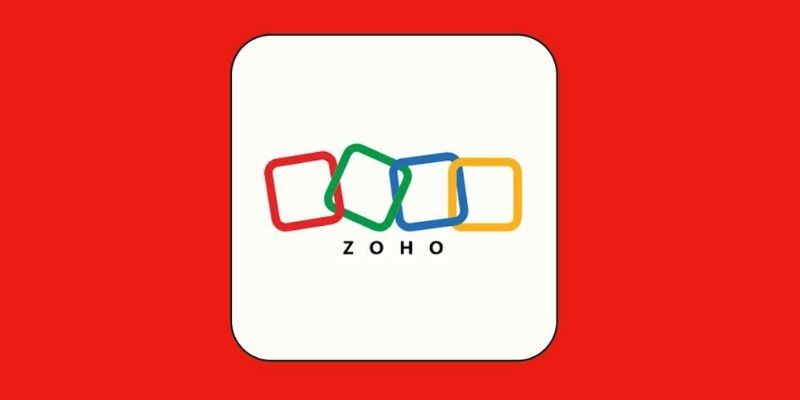
Full-Stack Ownership Mindset
The company wants to own all its tech. Many software firms employ third-party services or links to bridge gaps. But this approach is different. Zoho makes applications, owns infrastructure, data centers, operating systems, and certain computer languages. They manage performance, security, and app integration with full-stack ownership. It also enables the organization to generate new ideas by not being limited by suppliers or platforms.
This full-stack concept seeks toughness and independence. Without outside service providers, Zoho can make updates, address errors, and maintain data security faster. This unusual but commendable method promotes long-term thinking and longevity in a digital environment that values fast benefits. With this capacity, businesses may be able to create more business-specific applications with a unified user experience and design rationale. Diversity that makes sense and is high-quality, not simply plenty. Let's examine how this full-stack strategy affects Zoho's user experience from ideas to actions.
Giving Users Fun Smooth
Zoho provides several tools that help clients standardize their business operations. Most firms utilize many software companies, which may cause merger issues, diverse user experiences, and unlinked processes. These issues can't stop Zoho's closely integrated, interoperable applications. Both Zoho Books and Zoho Campaigns can issue invoices and follow prospects. Send Zoho CRM prospects to Zoho Campaigns for email marketing.
This fluid experience is strong in Zoho One, a monthly bundle that includes all Zoho applications. Third-party assistance isn't a concern for businesses. The "all-in-one" package lets support, sales, marketing, finance, and HR departments share tools. Operating on one platform reduces issues and enhances efficiency. Strategically, the varied applications improve practical unity. Zoho's flexible design growth is another key cohesiveness issue.
Modularity and scalability for business growth
Scalability worries new and developing enterprises. Most software solutions are too complicated for small organizations or too limiting for big organizations. Modular Zoho applications help businesses develop. Start with CRM or Books and add as required. Combining applications lets firms develop without switching platforms.
The flexible framework lets firms pay for the tools they need and add more as required. Zoho's range develops with the company, unlike restrictive corporate software. Zoho People recruits, and Zoho Projects manages projects. Its common database and identity system ensure data flow as firms develop, making it adaptable. Zoho's many apps allow growth without constantly changing systems and procedures. We'll examine Zoho's comprehensive business software suite's affordability.
Cost of Unified Platform?
In today's competitive industry, software expenses might rise fast if you employ several providers. Licenses, merging, maintenance, and upgrades may be expensive for organizations. Using Zoho One to bundle applications saves money. Companies may utilize over 45 applications for a monthly cost, making it one of the cheapest full-suite solutions.
This strategy lets small and medium-sized enterprises function like large ones at little cost. They handle customers, money, projects, HR, and IT on one platform. Thus, they avoid various invoices, suppliers, and support systems. Budgeting and money projections are easy. Adding applications with a defined pricing gives customers growth tools. It removes financial impediments to creativity. By providing value over time, this method fosters client confidence. Data unification powers Zoho's multi-app ecosystem, saving money.
Centralized data powers analytics.
Many Zoho products arrange data for better analytics and insights. Every app shows how clients use Zoho CRM, how well your workforce uses Zoho People, and how much money you make in Zoho Books. Zoho Analytics makes all this data usable. Data from many apps is difficult to link with multi-vendor software.
Real-time cross-functional reports speed leadership decision-making. CRM data and campaign performance may help sales managers understand how marketing influences lead conversion rates. Finance compares project expenses to budget. These intelligence layers are feasible because Zoho controls and links all its data sources. Its multiple applications provide a complete, data-driven company strategy, adding value. Some Zoho features may be adjusted since it utilizes data in innovative ways.
Making verticalization and customization feasible
ZOOM understands company uniqueness. Because of its varied applications, firms may customize their software for their industry. This customization extends beyond logo and UI changes. Zoho Creator allows "low-code" app and process development. The technology may be used for transportation, healthcare, real estate, and education.
New Zoho applications assist in verticalizing. A transportation firm may utilize Zoho Inventory, CRM, and Creator to track supplies, manage customers, and create a delivery scheduling tool. Because there are so many applications, customers may modify their tech stack without third-party developers or apps. Businesses can be more versatile with additional Zoho applications. Zoho's fourth pillar is customization-driven long-term digital evolution.
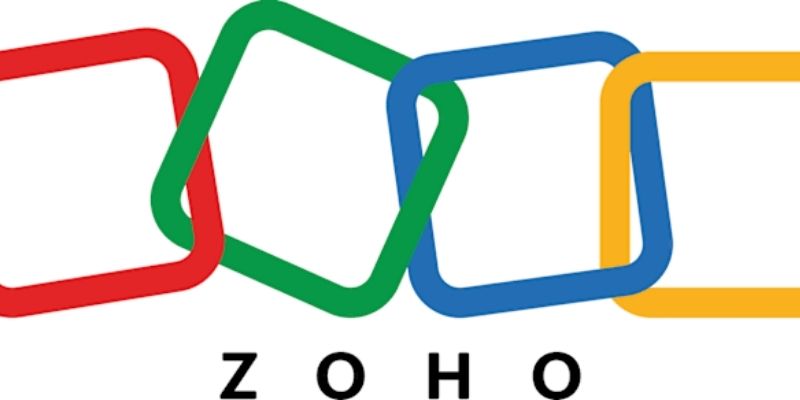
Enabling digital transformation
The digital transition never stops. Zoho's applications boost company growth in various ways. Zoho can schedule meetings, manage budgets, enforce rules, and communicate with clients. Their tool makes company-wide transformation easy.
Zoho is a long-term partner because it cares about privacy and provides honest products. The firm doesn't profit from user data or adverts. To endure, a digital connection needs trust, which this moral underpinning provides. Zoho centralizes several important tools to prepare organizations for today's and tomorrow's challenges.
Conclusion:
Zoho has several handy applications. This strategy prioritizes full-stack control, seamless user experience, flexible scalability, minimal costs, unified data, extensive customization, and long-term modification. Zoho revolutionizes SaaS with its community.
Advertisement
Related Articles
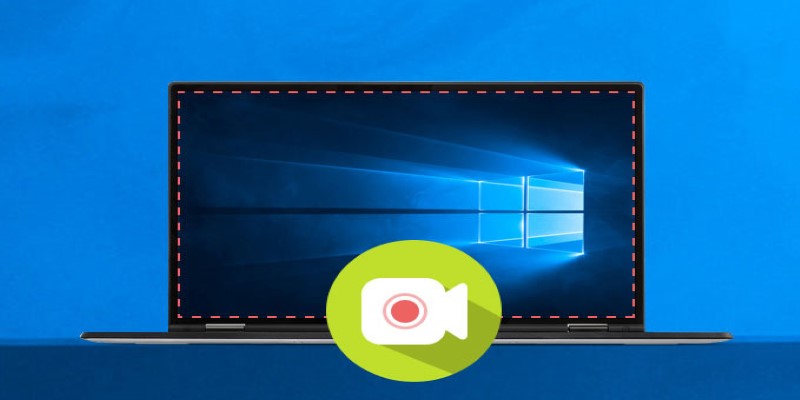
Best Screen Recording Software for Windows You Can Rely On
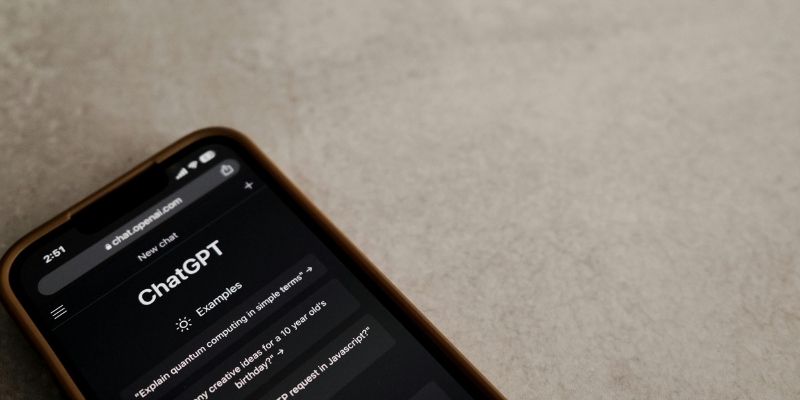
Understanding GPT: Everything You Need to Know

Simple Ways to Transform MXF Files to ASF for Better Playback

Step-by-Step Tutorial for Live Blogging in WordPress

OpenSUSE Tumbleweed Integrates Linux 6.14 and OpenSSH 10.0 Security

Top MXF Recorders to Fix Compatibility Issues with Screen Recordings

8 FLV Recorders That Help You Save Streaming Videos
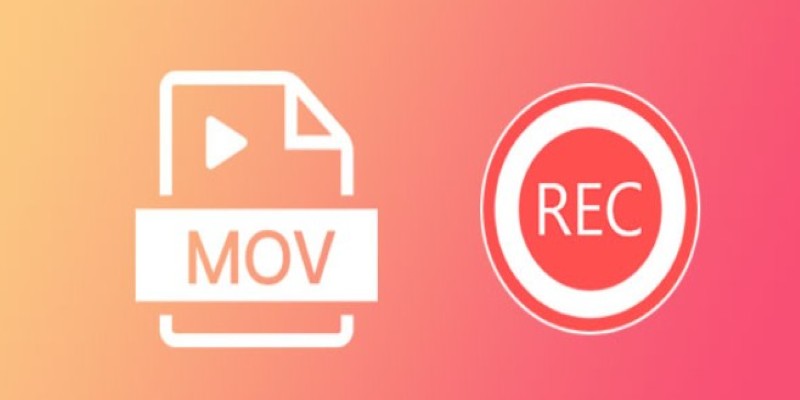
8 Best MOV Recording Software for Windows Users

7 Key Questions to Decide Between Evernote and Google Keep in 2025
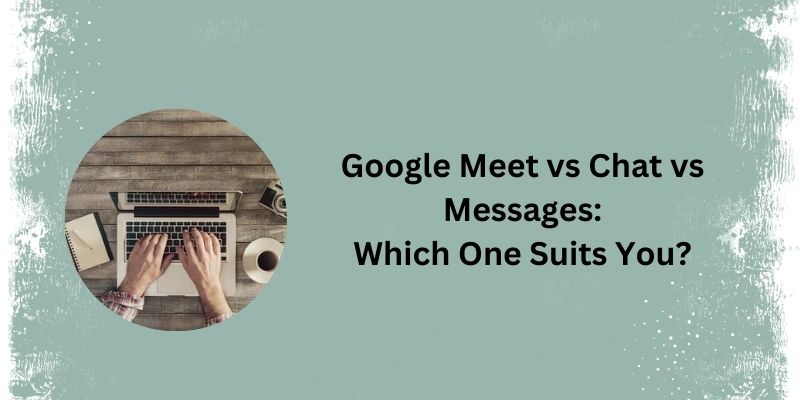
Top 3 Google Tools for Better Communication

YubiKey Explained: What It Is and How It Works

 novityinfo
novityinfo